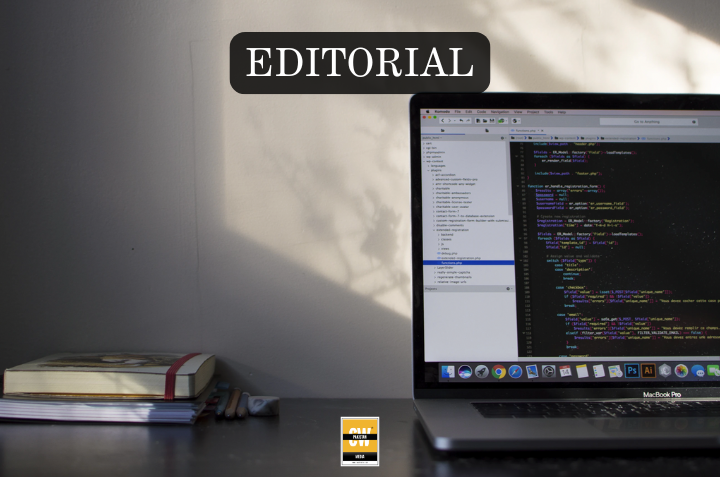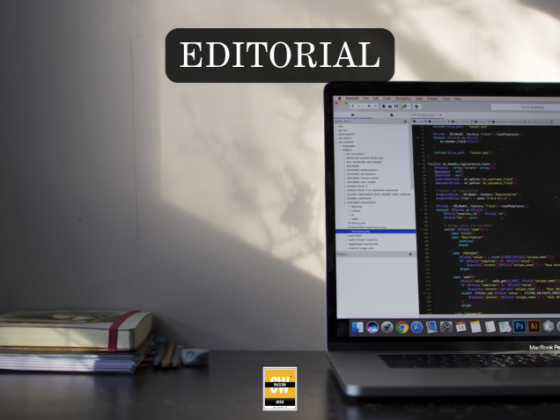Ali, a bright and ambitious 19-year-old from Lahore, has always dreamed of becoming an engineer. He enjoyed maths and science throughout school and was accepted into a local university engineering program. But just months into his first year, Ali started having real doubts about whether pursuing this career path was worth the immense effort.
“I feel like I’m wasting my time and money,” he said during a counseling session. “By the time I graduate in four years, AI is going to be way better than humans at engineering, and everything! What’s even the point of getting this degree if the jobs will all be automated away?”
Ali’s anxiety and loss of motivation were palpable as he spoke. He worried if the goals he set before the rapid acceleration of AI capabilities were naive. Increasingly, Ali began doubting whether any profession is truly future-proof against the onslaught of automation.
For a young person once brimming with ambition and optimism about his future, Ali had succumbed to a fatalistic view that no amount of education or hard work could outrun the machines. Sadly, this view slipped into some hopelessness about long-term career prospects and cast a dark cloud over his daily life.
Working alongside Ali to help him develop a more hopeful view again, our first step was to completely validate the reality of his worries about the rapidly changing world of work. We agreed that it is scarily fast, and we cannot know the full impact. He was also right that the effects were likely to be borne more by early and mid-career workers.
While numbers vary, research from MIT and McKinsey predicts that around 30% of current jobs could face automation by the 2030s. However, many experts predict that the transformation unleashed by AI will be more of an evolution than outright labour force decimation. According to Dr. Ayesha Khan, a labour market expert at the Lahore University of Management Sciences,
“New roles dealing with the challenges created by advancing AI systems are likely to open up… creative, adaptable, and entrepreneurial humans will continue to be in high demand.”
A recent report by the Pakistan Institute of Development Economics (PIDE) also highlights the need for Pakistan to focus on developing skills that are complementary to AI, such as critical thinking, creativity, and emotional intelligence. The report emphasizes the importance of investing in education and re-skilling programs to prepare the workforce for the changing job market.
A World Economic Forum report estimated that by 2025, AI could generate new job opportunities across industries, alongside displacement risks. Far from a jobless future, the analysis suggested an essential human-machine partnership and need for continuous education to re-skill alongside technological change.
The reality for Ali and other young Pakistanis is that no one can predict the precise impacts of AI with certainty. But by cultivating a flexible mindset, practising being comfortable with ambiguity, and developing adaptability towards career skills, it’s realistic to be hopeful even amid the rapid technological transformations reshaping the future of work.







